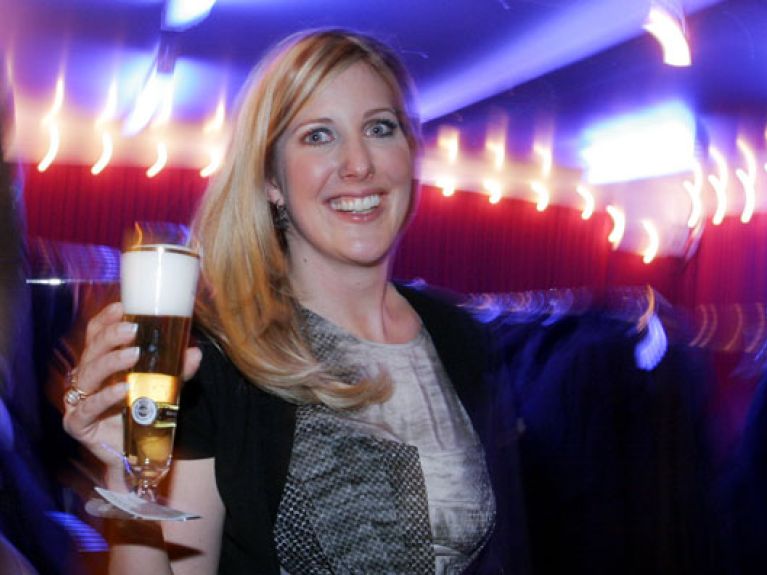Women in Management
More and more women are successfully running family businesses.

Antje von Dewitz took her first child with her to work soon after it was born, and breast-fed her baby during meetings with her co-workers. She now has four children and goes home twice a week at 5 pm to spend the rest of the day with them. There is no doubt that von Dewitz, who runs German outdoor equipment specialist Vaude, differs from most other German management executives. The management floors at most German companies are still very much a male domain, and this is particularly true of Dax-listed companies. In family-run businesses, by contrast, the wind of change can be felt more clearly, with more and more daughters taking over at the helm. At the age of 37, Antje von Dewitz succeeded her father in 2009 – he had founded the Lake Constance-based firm in 1974. His daughter not only expanded the company’s range; she also established a “family service” to provide childcare for the company’s staff – even during school holidays.
Female managers have different priorities
According to a study conducted by the Kreditanstalt für Wiederaufbau – Germany’s reconstruction credit institute – most female managers in small and medium-sized German companies are to be found in sectors that are dominated in any case by women. Catharina Cramer and Nicola Leibinger-Kammüller are the exception to the rule. Cramer, who runs the family-owned Warsteiner brewery, and Leibinger-Kammüller, who heads the Trump machine tool manufacturer, have established themselves in industries in which they deal predominantly with men.
Catharina Cramer took over Warsteiner in 2007, the eighth generation of her family to do so. She grew up at the brewery, played in its grounds, set up flea markets there and helped out in the works canteen. She can well imagine her own child doing the same. Mother-of-four and Trumpf boss Leibinger-Kammüller is also interested in a good work-life balance: the head of this company in the Baden-Württemberg town of Ditzingen has introduced a “life-phase-oriented working hours model”, giving the company’s workers greater freedom and flexibility if they so wish.
According to a study of the Association of German Businesswomen (VDU), women do not run companies any differently to men. They do prioritize different things, however, often believing company kindergartens to be more important than company cars, for instance. Ultimately, this benefits not only the employees, but also society as a whole.
Equal Pay Day on 21 March 2014
